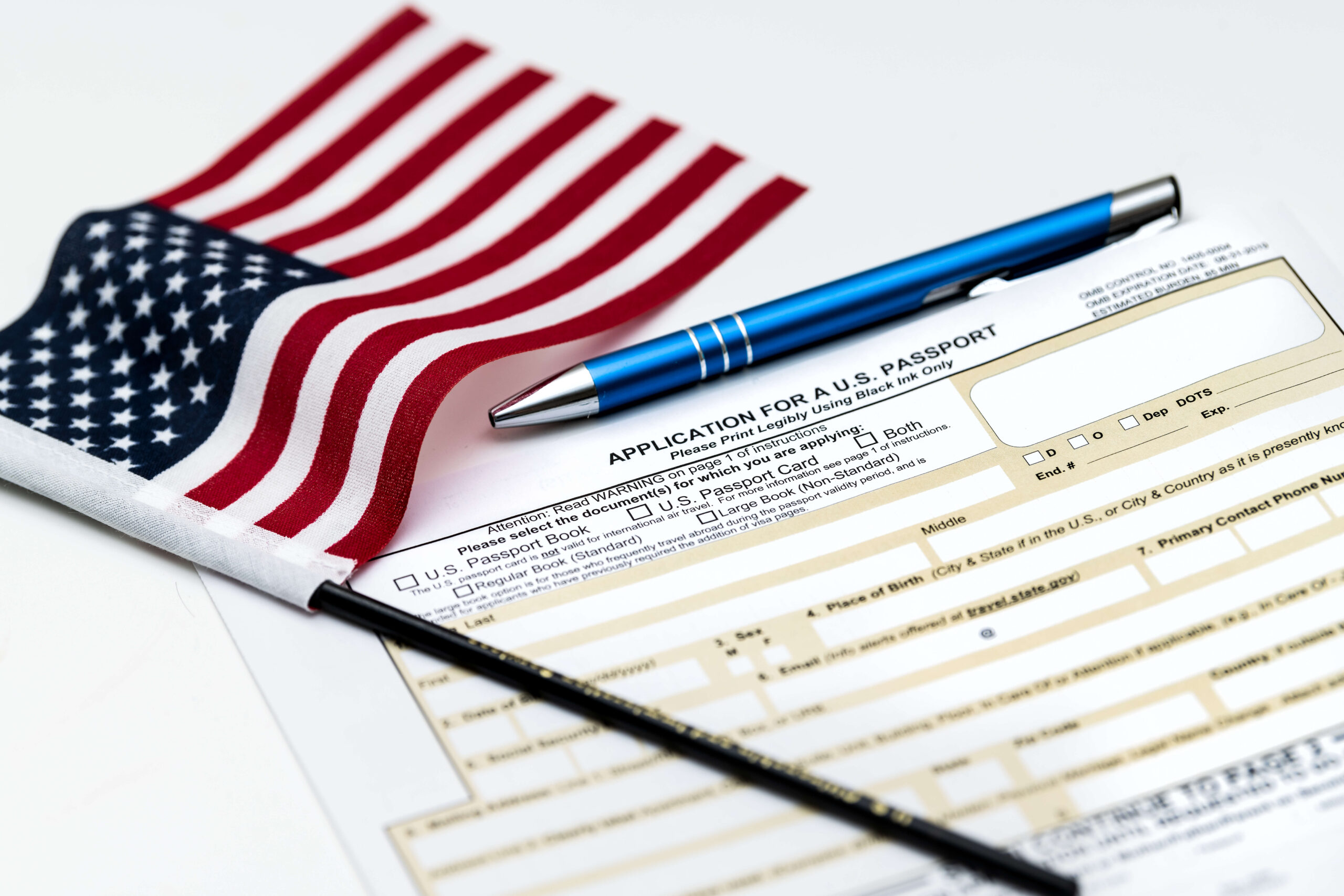The Department of Homeland Security (DHS) announced on March 20, 2020, that it will relax the in-person verification requirements of the Form I-9, Employment Eligibility Verification for employers operating remotely due to COVID-19. Beginning March 20, 2020, employers will not be required to review an employee’s identity and/or employment authorization documents while in the employee’s physical presence.
This relaxation of the in-person verification requirements is effective for a period of 60 days from that date of the notice, or for up to 3 business days following the termination of the COVID-19 national emergency by the Trump administration, whichever comes first.
Guidance for Employers Operating Remotely
The following is a summary of the guidance provided by DHS as it relates to employers that are operating remotely during the COVID-19 national emergency.`
- Employers must still “obtain, inspect, and retain copies of the Section 2” verification documents within three business days of hire. Employers may, however, inspect the documents remotely, for example, via “video link, fax or email, etc.” Remote inspection is also permitted to reverify the work authorization of existing employees (Section 3).
- USCIS will require written documentation of the employer’s remote onboarding process and telework policy for each employee who is onboarded using remote verification.
- The physical presence exception applies only to employers and workplaces that are operating remotely. At this time, DHS has stated that exceptions are not available for employees who are physically present at an employer’s work location.
- DHS will determine whether the exception applies to new or existing employees who are subject to COVID-19 quarantine or lockdown protocols on a case-by-case basis.
- Employers also have the option to designate an authorized representative to act on their behalf to complete Form I-9. However, it is important to note that the employer is liable for any Form I-9 violations committed by the authorized representative.
Resumption of Normal Operations
The following is a summary of the guidance provided by DHS as it relates to employers once the national emergency related to COVID-19 has been terminated and normal business operations resume.
- Once the documents have been physically inspected—after normal operations resume—the employer should add a note in the Additional Information box in Section 2 of the Form I-9 (or Section 3, as appropriate), including the language “documents physically examined” and the date of inspection.
- Once normal operations resume, all employees who were onboarded (or reverified) using remote verification must report to the employer within three business days for in-person verification of identity and/or employment eligibility documentation.
- Employers should enter “COVID-19” as the reason for the delayed physical inspection in Section 2 (or to Section 3, as appropriate) of the Form I-9 where the form requests additional information.
- When conducting Form I-9 audits in the future, the date the “documents physically examined” should be used as a starting point for employees that were onboarded remotely.
New I-9 Form
It is also important to note that, beginning on May 1, 2020, employers must begin using the new edition of Form I-9, dated October 21, 2019. The new edition includes only minor changes, including a clarification of who can act as an authorized representative on behalf of the employer and clarifications regarding acceptable documents. Employers that fail to use the new version beginning on May 1, 2020, may be subject to penalties.
E-Verify
DHS is also taking steps to provide employees and employers some procedural flexibility during the COVID-19 outbreak. E-Verify has implemented the following temporary policies:
- In limited circumstances, employees will also allowed additional time if they cannot resolve a Department of Homeland Security Tentative Nonconfirmation (TNC) due to COVID-19 related Social Security Administration (SSA) office closures (public or private).
- An employer may select “COVID-19” as a reason for delay, if the employer was unable to create an E-Verify case for a new employee within three business days of hire, as required.
- An employer is not permitted to take an adverse action against employees whose cases are in an interim status, including because of a TCN.
Ogletree Deakins’ Immigration Practice Group will continue to monitor developments with respect to the policy changes and will post updates on the Immigration blog and the firm’s Coronavirus (COVID-19) Resource Center as additional information becomes available. Critical information for employers is also available via the firm’s webinar programs.





